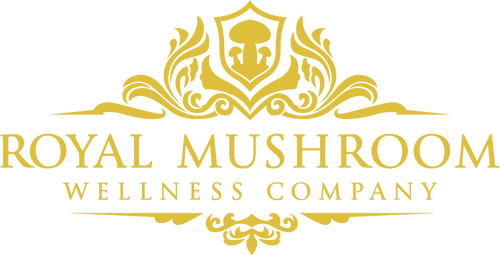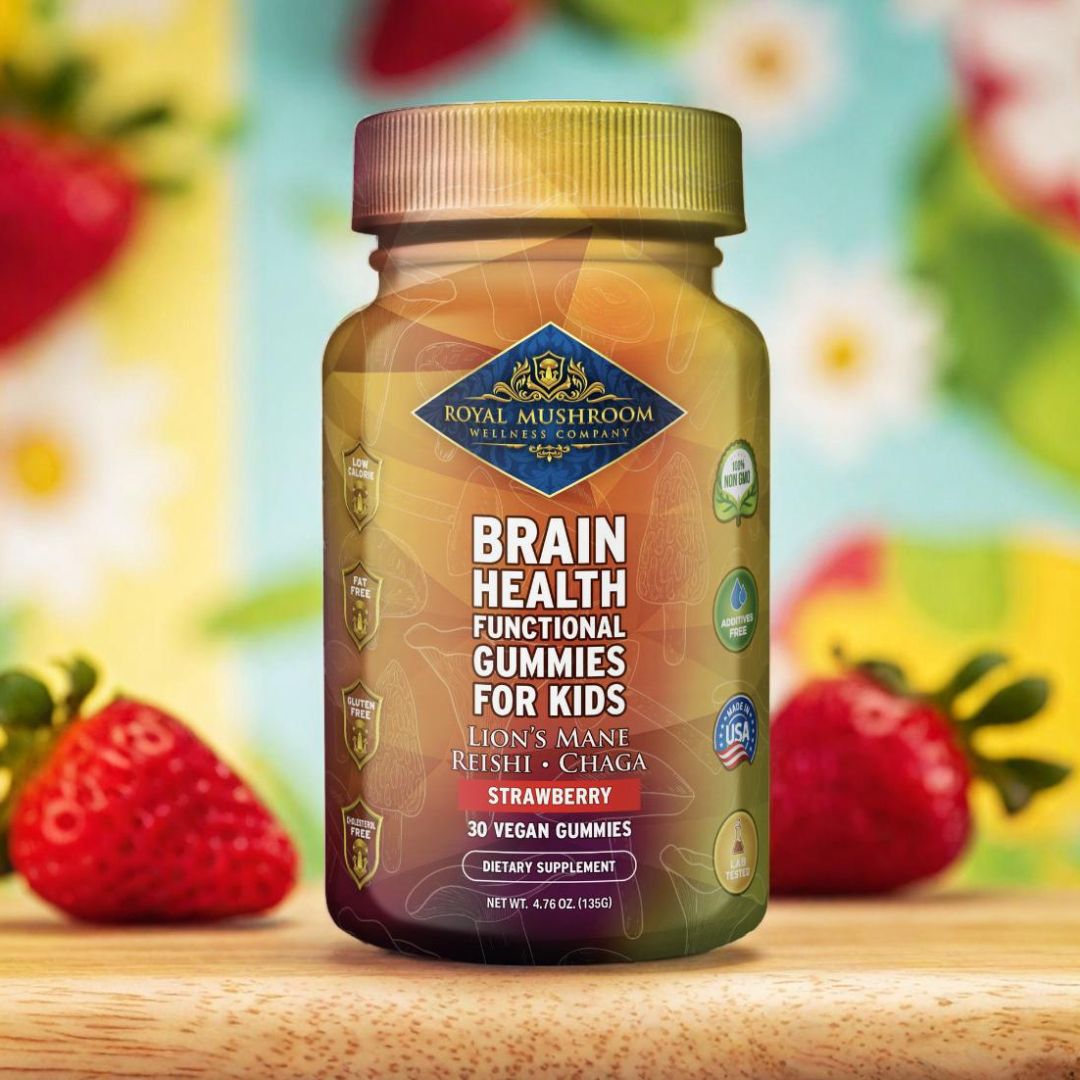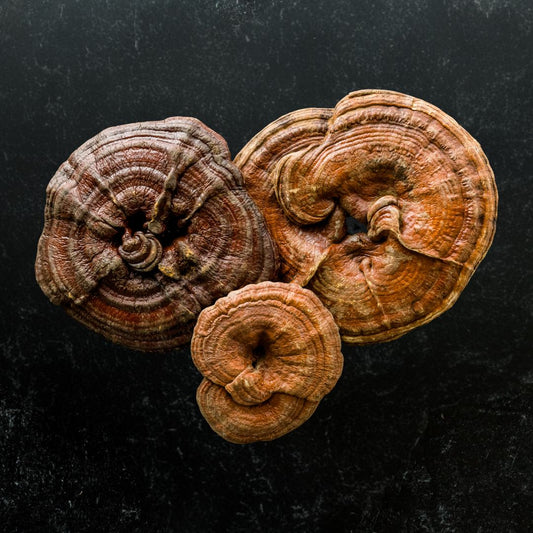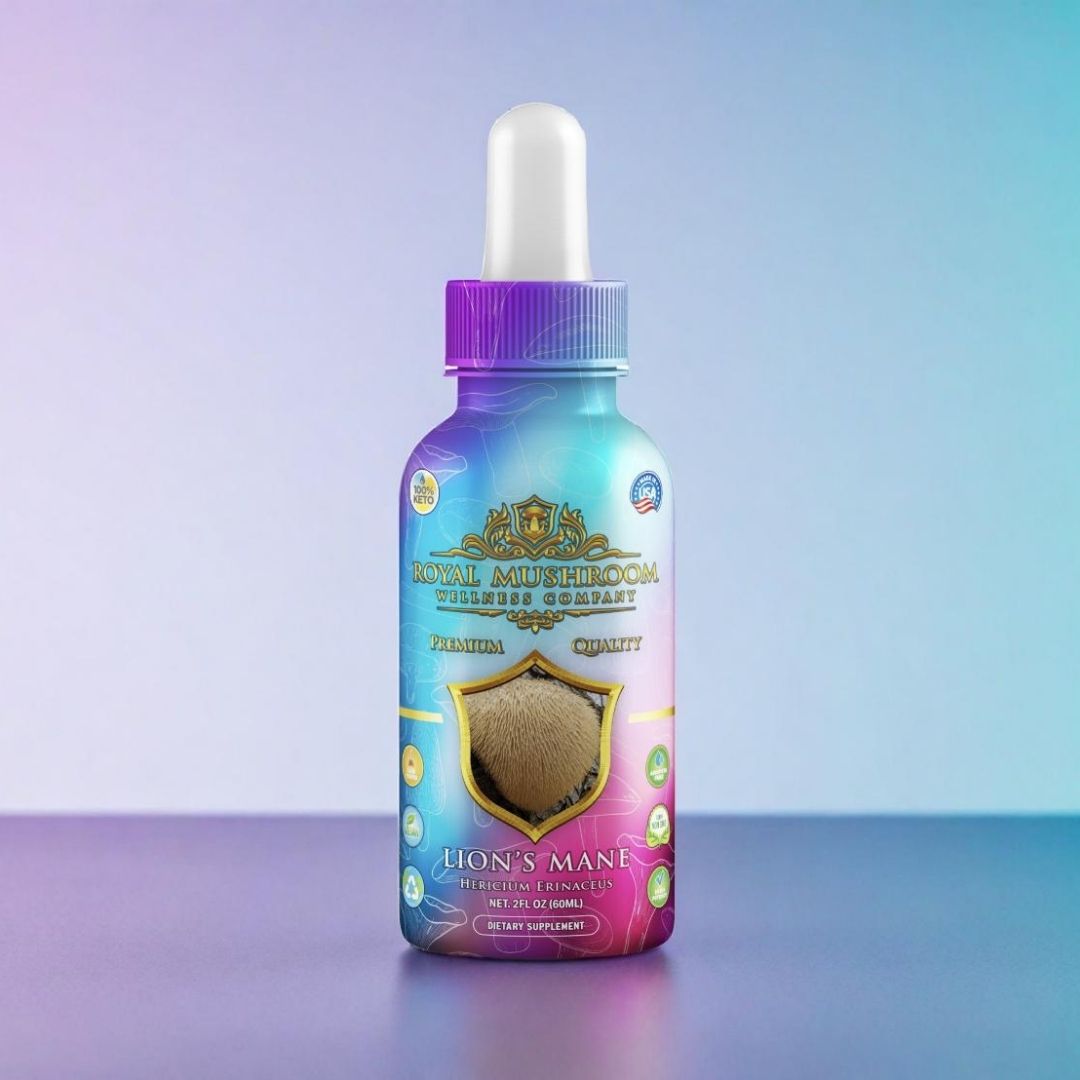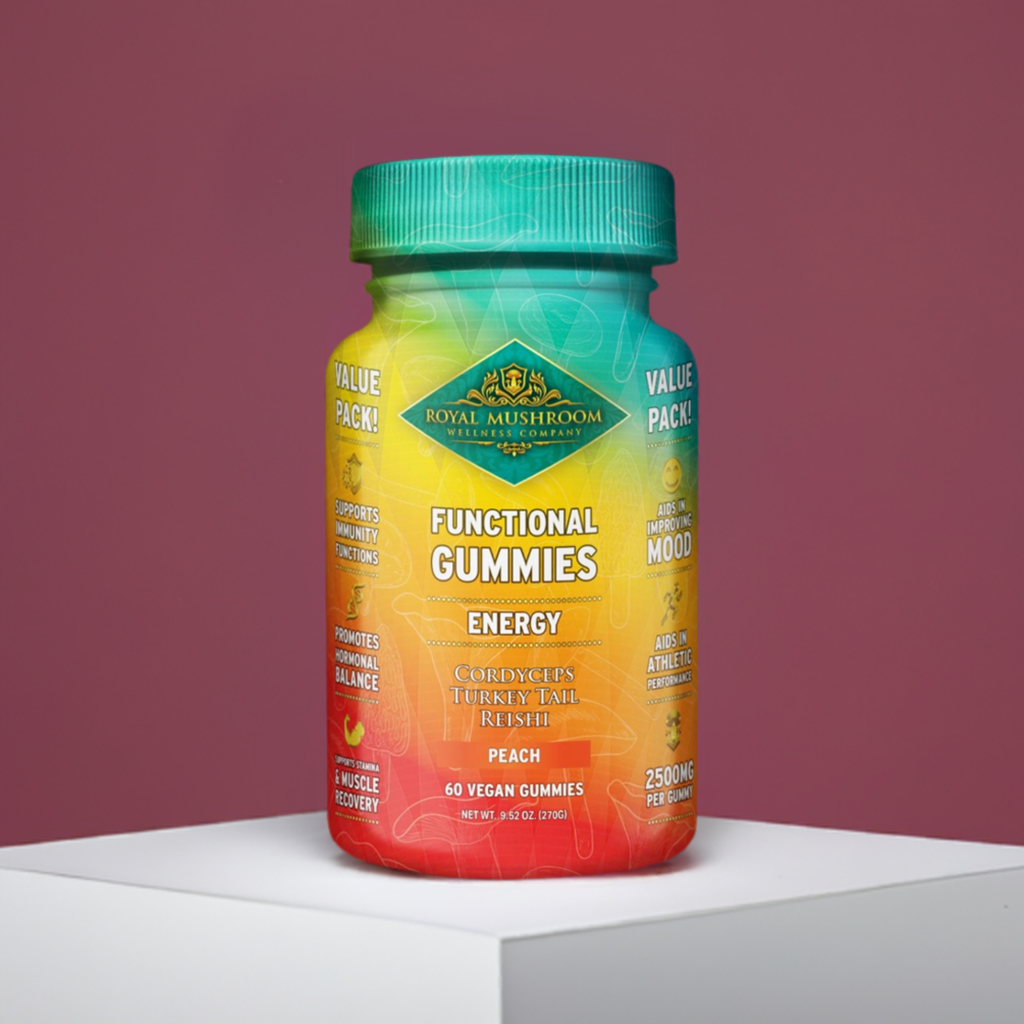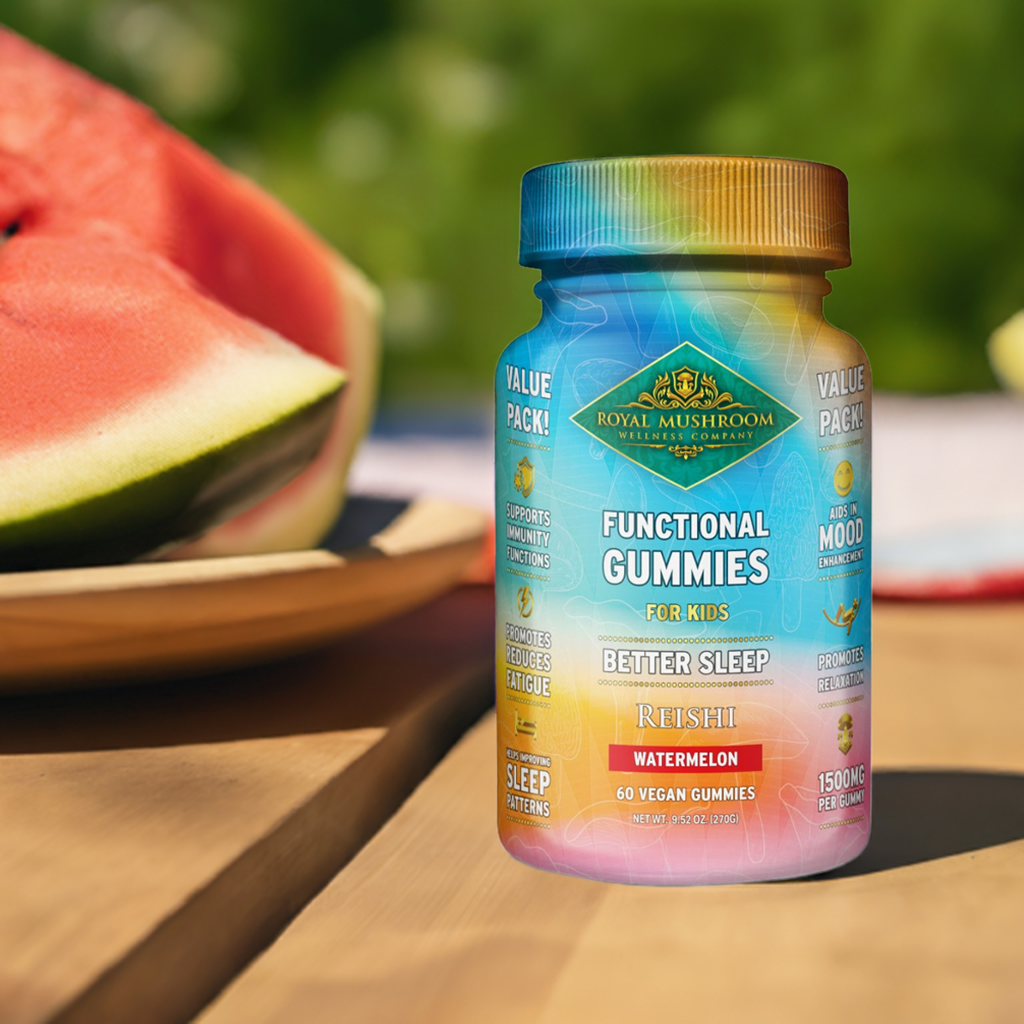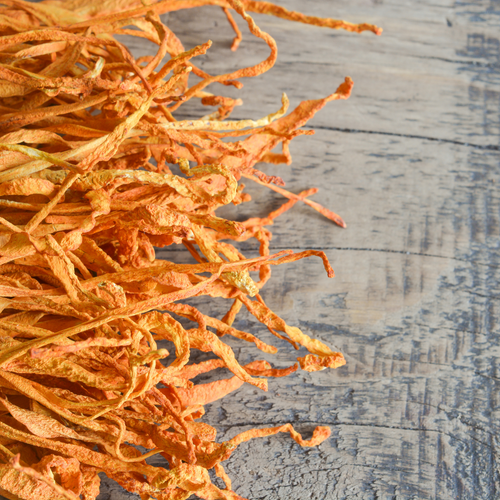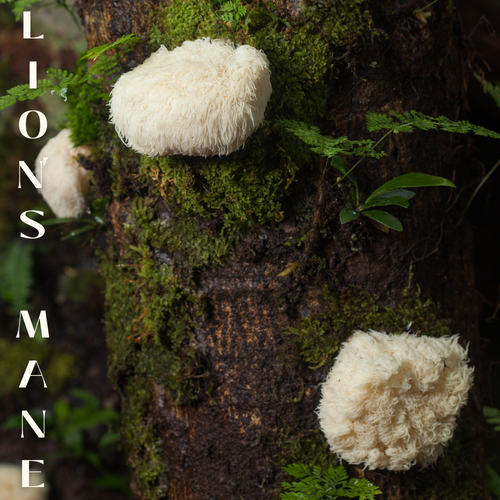Attention Deficit Hyperactivity Disorder (ADHD) affects a significant number of children worldwide, leading parents and caregivers to explore various treatment options. While conventional medications are commonly prescribed, there's growing interest in natural supplements like Lion’s Mane mushroom (Hericium erinaceus) for cognitive enhancement and focus improvement.
Understanding Lion’s Mane Mushroom
Lion’s Mane is a distinctive, white, shaggy mushroom resembling a lion’s mane, traditionally used in Asian medicine. It's renowned for its potential cognitive benefits, attributed to compounds like hericenones and erinacines, which may stimulate nerve growth factor (NGF) production, essential for brain health.
Potential Benefits of Lion’s Mane for Children with ADHD
Cognitive Enhancement
Lion’s Mane is believed to support cognitive functions, including memory, learning, and concentration. By promoting NGF production, it may aid in the development and maintenance of neurons, potentially improving focus and reducing ADHD symptoms.
Neuroprotective Properties
The mushroom exhibits neuroprotective properties, possibly safeguarding brain cells from damage and supporting neurogenesis—the formation of new neurons. This could be beneficial for children with ADHD, as it may enhance neural communication and cognitive resilience.
Mood Regulation
Some studies suggest that Lion’s Mane may help alleviate anxiety and depression symptoms, contributing to better mood regulation. Improved emotional well-being can positively impact attention and behavior in children with ADHD.
Scientific Studies on Lion’s Mane and ADHD
Research on Lion’s Mane's direct effects on ADHD is limited. However, studies have shown its potential in enhancing cognitive functions in adults. For instance, a study published in the Journal of Medicinal Food found that Lion’s Mane supplementation improved cognitive function in older adults over 16 weeks. While these findings are promising, more research is needed to confirm its efficacy in children with ADHD.
Dosage and Safety Considerations for Children
Recommended Dosage
Determining the appropriate dosage for children is challenging due to limited research. Some sources suggest a general dosage ranging from 500 mg to 3,000 mg per day for adults. For children, it's crucial to consult a healthcare professional to establish a safe and effective dosage.
Potential Side Effects
Lion’s Mane is generally considered safe, but some individuals may experience mild side effects, such as stomach discomfort or allergic reactions. Monitoring for any adverse effects is essential, especially when introducing it to children.
Interactions with Medications
Lion’s Mane may interact with certain medications, including blood thinners and diabetes treatments. It's vital to consult a healthcare provider before adding Lion’s Mane to a child's regimen, particularly if they are on medication.
Incorporating Lion’s Mane into a Child’s Diet
Dietary Incorporation
Lion’s Mane can be incorporated into a child's diet through various recipes, such as soups, sautéed dishes, or "crab" cakes, offering a nutritious and palatable option.
Supplement Forms
Alternatively, Lion’s Mane is available in supplement forms like capsules and powders. Selecting high-quality products from reputable sources ensures safety and efficacy.
Conclusion
While Lion’s Mane mushroom shows promise in supporting cognitive functions and potentially aiding children with ADHD, current research is insufficient to make definitive claims. Parents should consult healthcare professionals before introducing any new supplement to their child's diet to ensure safety and appropriateness.
